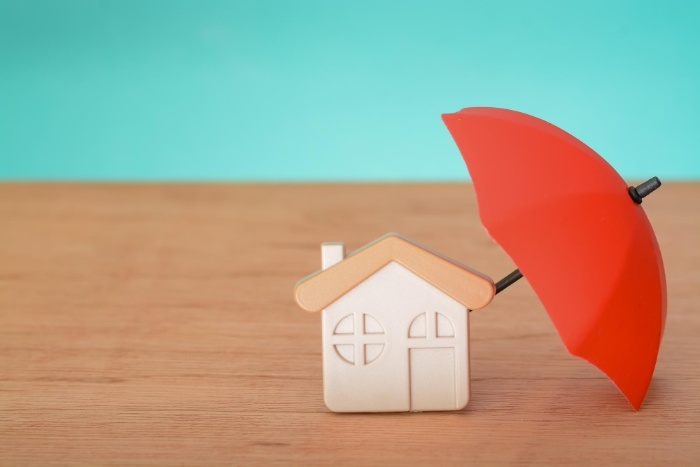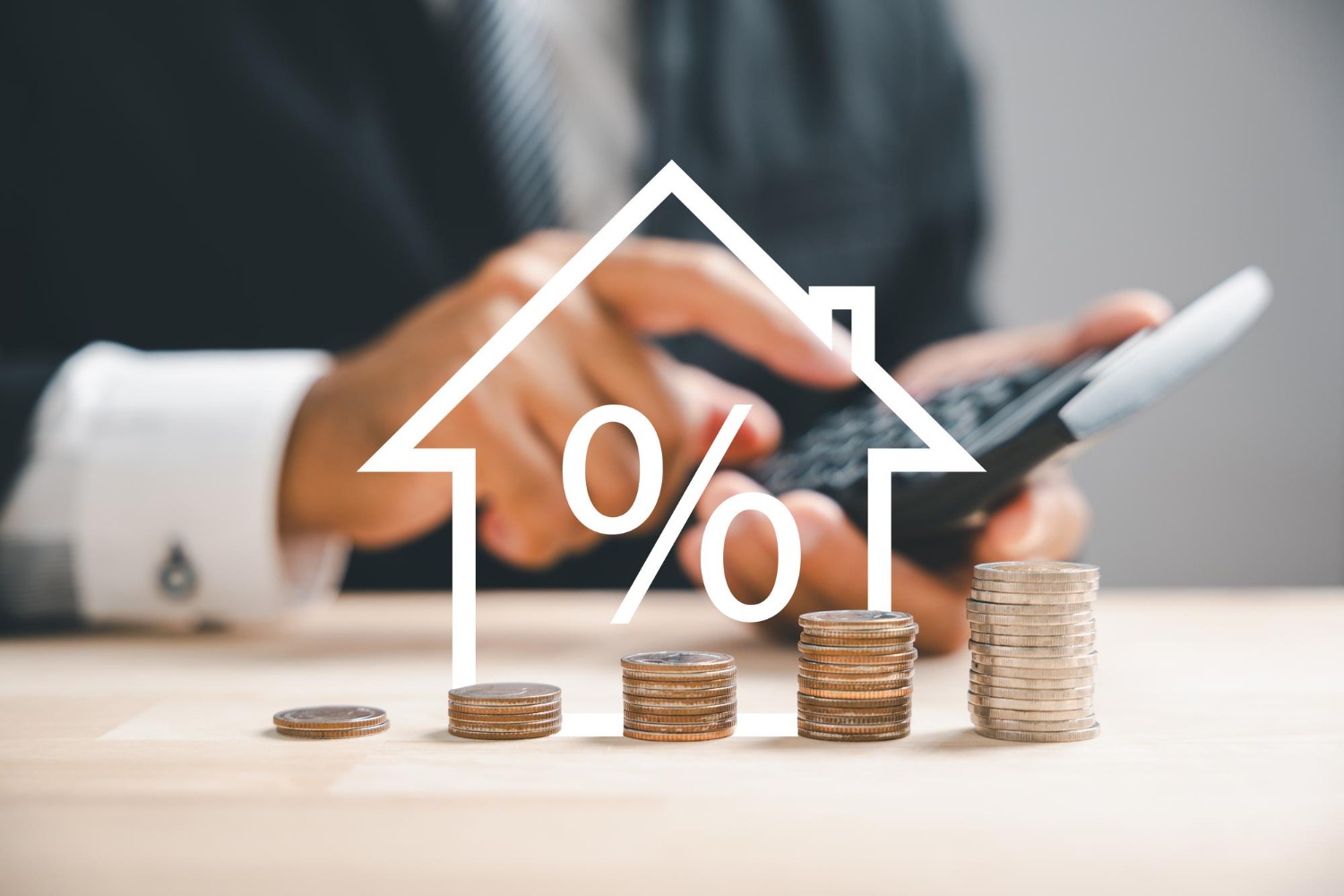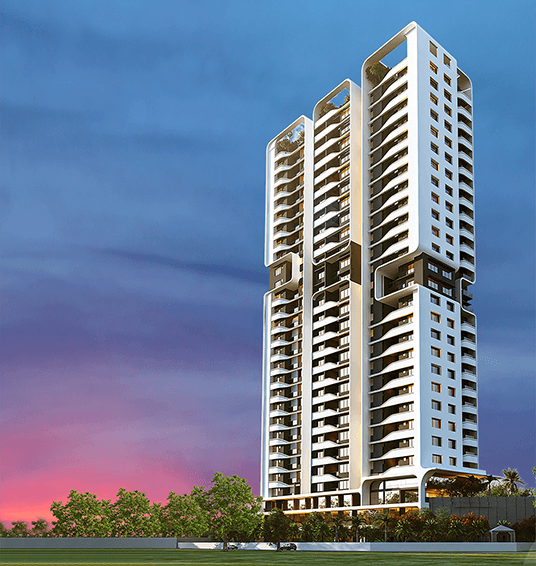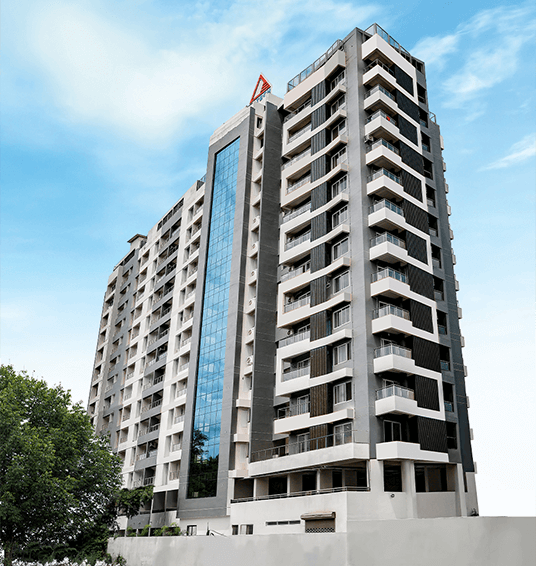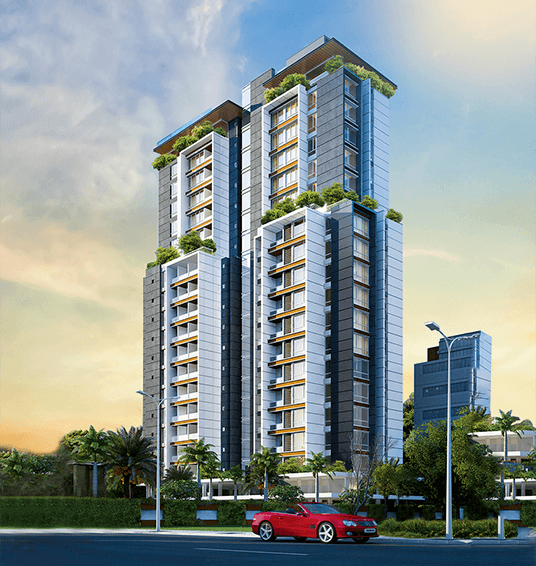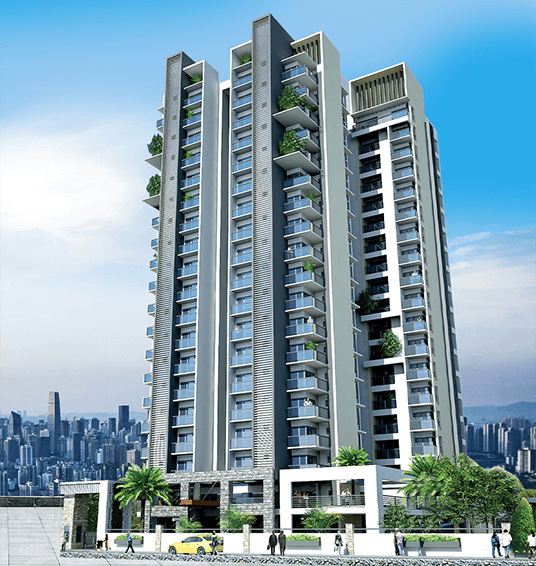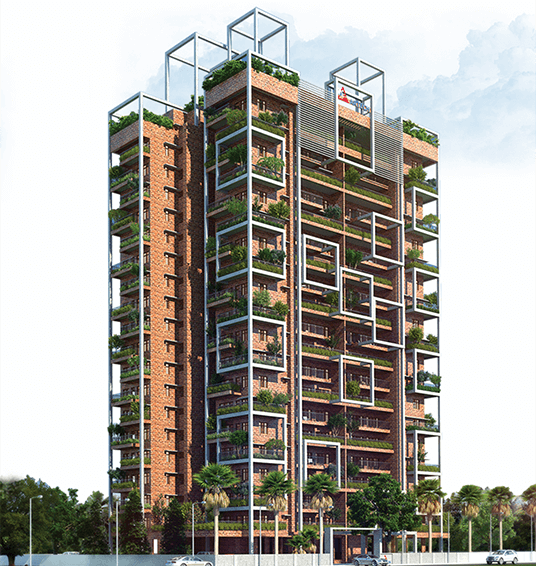
Purchasing an apartment in Trivandrum rather than renting can offer a range of long-term financial and personal benefits. However, beyond the surface-level considerations, buying a home presents a multitude of advantages that can have far-reaching implications for an individual’s financial health, personal well-being, and long-term stability.
Financial Benefits: Building Wealth and Stability
The financial incentives of homeownership are compelling. When you purchase a home, each mortgage payment contributes to building equity—the difference between the market value of the property and the remaining mortgage balance. Equity is a powerful asset, one that grows over time not just through mortgage payments, but also as the property appreciates. This appreciation can significantly increase wealth for homeowners as real estate trends upward in value over the long term. Renting, on the other hand, is subject to the volatility of the rental market, with tenants at the mercy of annual rent hikes. Homeownership shields occupants from this unpredictability, often resulting in a fixed lower cost of living as inflation rises, a benefit not afforded to renters.
Tax considerations are another financial perk of buying a home. Many jurisdictions offer tax deductions for mortgage interest and property taxes, providing an annual fiscal advantage that renting cannot match. Additionally, homeowners can often take advantage of significant capital gains exclusion when selling their primary residence, keeping more money in their pocket.
Personal Advantages: Autonomy and Stability
Beyond the balance sheet, homeownership offers personal benefits that impact daily life and long-term satisfaction. Autonomy in personalizing one’s living space is a freedom most renters do not fully enjoy. Homeowners have the luxury to renovate, decorate, and alter their property to suit their tastes and needs without needing consent from a landlord. This freedom extends to lifestyle choices and hobbies, whether it means planting a garden, adopting pets, or modifying the home to accommodate new family members.
The sense of permanence and stability that accompanies homeownership fosters strong community ties. Homeowners are more likely to invest in their relationships with neighbors, participate in local governance, and support community initiatives. This can lead to a more fulfilling social life and a sense of belonging, contributing to overall well-being.
Long-Term Security: Planning for the Future
When looking to the future, homeownership can play a vital role in retirement planning. Owning a home outright by retirement age dramatically reduces living expenses, providing financial relief during a period when income typically diminishes. Additionally, the equity accrued in a home can serve as a financial safety net, providing options for equity release or downsizing to fund retirement.
Emotional Rewards: The Intangible Essence of Home
Perhaps one of the most undervalued aspects of homeownership is the emotional reward—the pride of ownership. Having a place that you can call your own carries a sense of accomplishment. It provides an enduring space for families to grow, memories to be made, and a sanctuary from the outside world.




